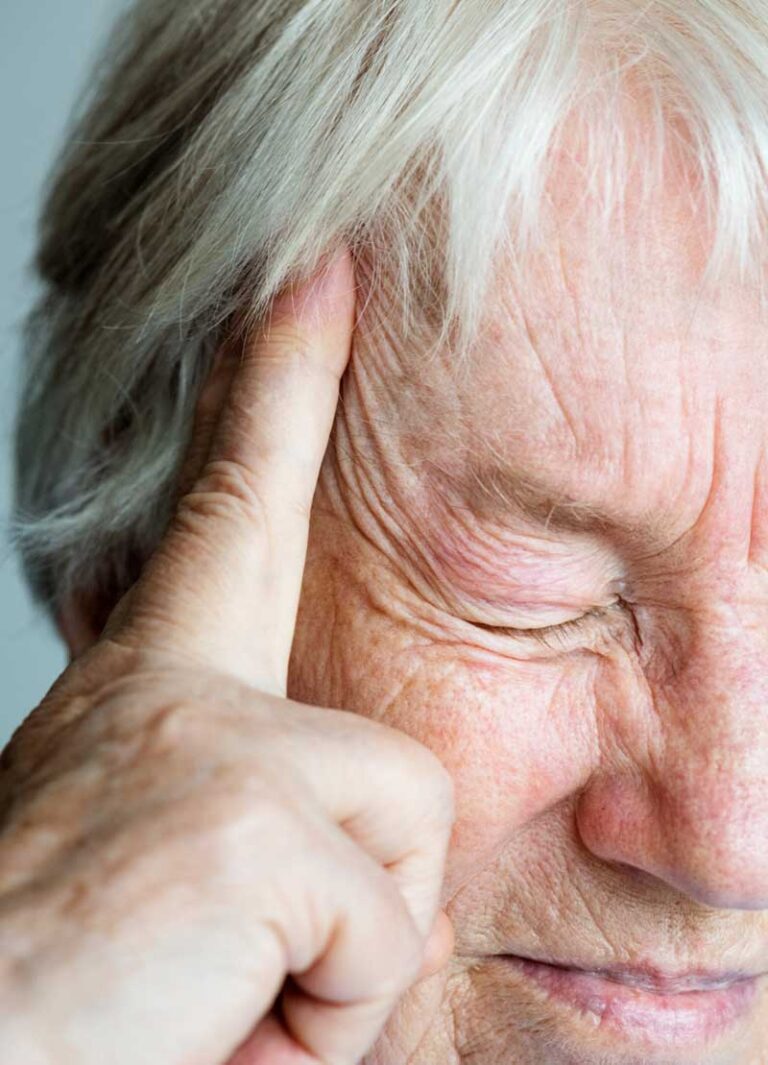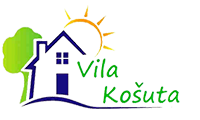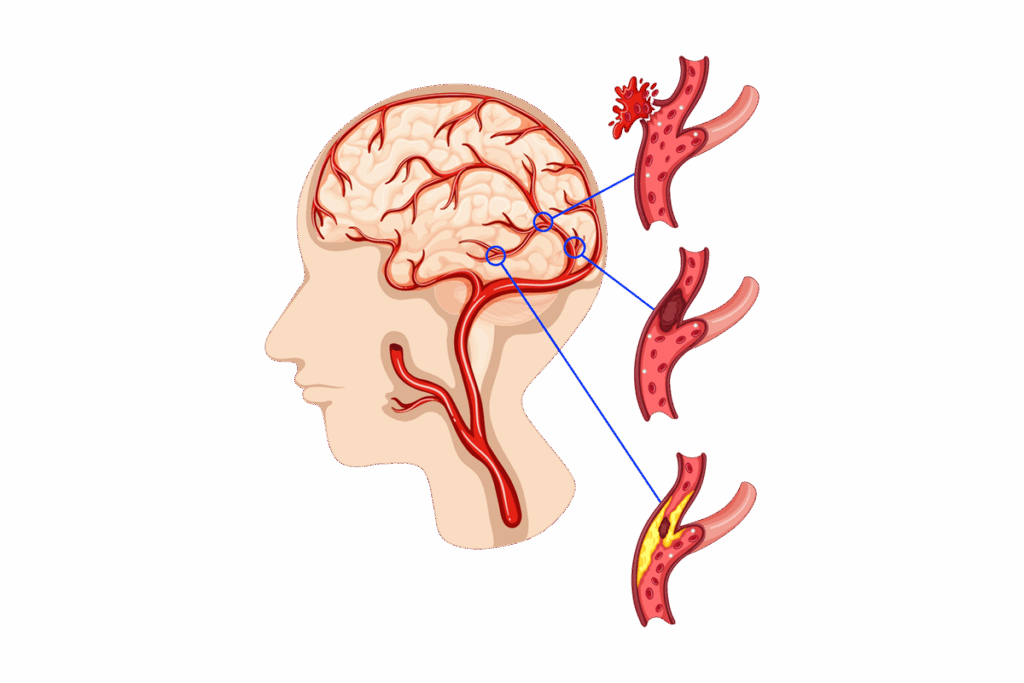Stroke in the Elderly
A stroke is a serious health issue that most often affects older adults.
Given that the risk of vascular diseases, such as high blood pressure and diabetes, increases with age, stroke is a frequent and very serious consequence.
Rapid symptom recognition, timely intervention, and proper recovery can significantly reduce the consequences of a stroke.
What is a Stroke?
A stroke occurs when blood cannot reach a specific part of the brain, either due to a blocked blood vessel (ischemic stroke) or a ruptured blood vessel (hemorrhagic stroke).
In both cases, the brain doesn’t receive enough oxygen and nutrients, which can cause severe damage. In older adults, this type of injury can lead to long-term consequences, such as loss of mobility, speech or hearing difficulties, and significant changes in daily activities.Symptoms of a Stroke
Quick recognition of symptoms can be critical for timely intervention.
Here are the most common symptoms to pay special attention to
- Sudden weakness or numbness on one side of the body (arm, leg, face)
- Speech difficulties – The person may have trouble speaking or understanding others
- Vision problems – Loss of vision in one or both eyes
- Loss of balance and coordination – The person might feel unsteady, as if losing balance
- Sudden, severe headache – A headache that appears suddenly and can be extremely intense
If you notice these symptoms in an older adult, call emergency services immediately.
A prompt reaction can significantly reduce the consequences of a stroke.
Stroke Prevention
Stroke can be prevented, especially by following these recommendations
- Control blood pressure – High blood pressure is the most important risk factor. Regular checks and medication prescribed by a doctor can significantly reduce this risk.
- Balanced diet – A healthy diet rich in fruits, vegetables, whole grains, and healthy fats can help maintain vascular health.
- Physical activity – Regular exercise reduces the risk of stroke. Light but consistent physical activities such as walking or swimming are recommended.
- Quit smoking and drink alcohol in moderation – Smoking and excessive alcohol consumption increase stroke risk. These habits should be eliminated.
- Diabetes control – Uncontrolled diabetes increases stroke risk. Maintaining stable blood sugar levels is key to prevention.
Stroke Recovery
Recovery from a stroke requires considerable patience, physical effort, and emotional support.
The recovery process can be lengthy, but significant progress is achievable through proper medical care and physical therapy.
- Physical Therapy – Specialized exercises help restore mobility and strengthen muscles. A physiotherapist can design an exercise program tailored to the specific needs of the patient.
- Speech Therapy – If the individual has speech difficulties, speech therapists can assist in restoring communication skills.
- Psychological Support – A stroke can have emotional consequences such as depression and anxiety. Psychological support and therapy can help overcome these issues.
- Medical Care – Nursing homes, such as Vila Košuta, provide 24-hour medical care, which is essential for individuals who have suffered a stroke. Skilled medical teams help administer necessary treatments and therapies and provide continuous patient monitoring.
For individuals recovering from a stroke, maintaining bone health is also important to prevent injuries due to reduced mobility. Keeping bones healthy can accelerate recovery and reduce the risk of new injuries.
Read more about fracture prevention in older adults in our blog on osteoporosis and fracture risk.

How Can Nursing Homes Assist in Recovery?
Nursing homes, such as Vila Košuta, offer comprehensive support for individuals who have suffered a stroke.
In addition to professional medical care, they provide physical therapy, psychological support, and tailored activities that facilitate recovery.
The environment in a nursing home is adapted to the needs of individuals with reduced mobility, and the staff is trained to assist with daily activities.
A stroke is a serious condition that requires prompt action and proper care. Recognizing the symptoms in time and providing timely medical intervention significantly increase the chances of full recovery.
Moreover, nursing homes like Vila Košuta offer the expert and emotional support necessary during recovery, allowing older adults to feel safe and supported throughout the entire process.
For more information about care and accommodation, please contact us.

